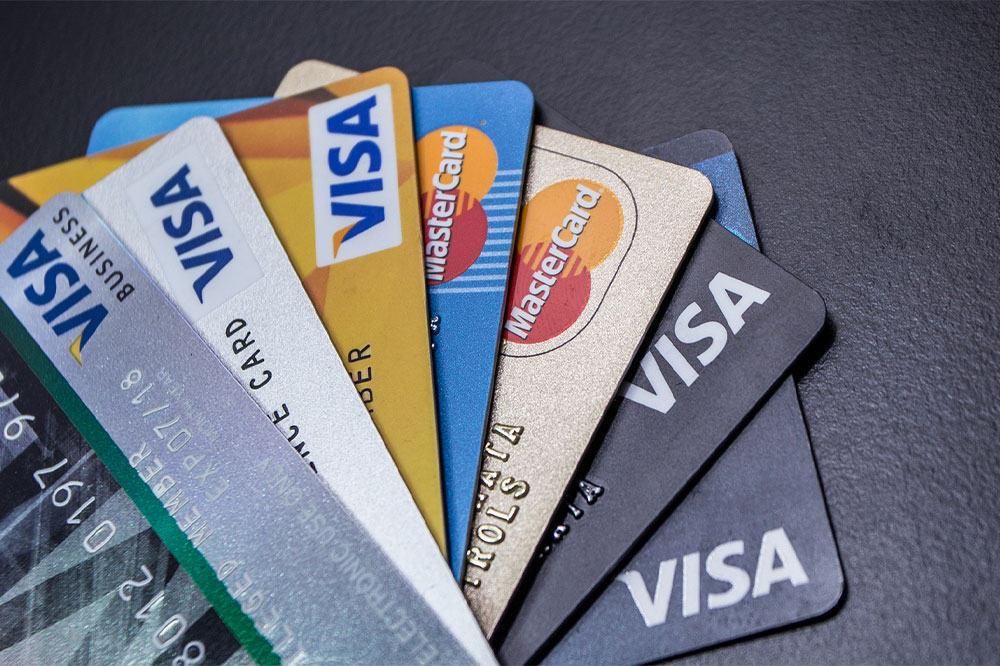Understanding Credit Cards: Types, Advantages, and Key Tips
Explore the essential guide to credit cards, including types, benefits, application tips, and how to maximize their advantages. Learn how responsible use can improve your financial health and help meet your personal and financial goals effectively.

Understanding Credit Cards: Types, Advantages, and Key Tips
Credit cards are versatile financial tools that offer a range of benefits tailored to different needs. While not necessary to familiarize yourself with every card in the market, having a solid understanding of how credit cards work and their advantages can help you make informed financial decisions. Owning a credit card provides convenience, rewards, and a credit-building opportunity when used responsibly.
What is a credit card?
A credit card allows you to borrow money from a financial institution to make purchases. At the end of the billing cycle, you receive a statement detailing your transactions and the total amount owed.
This amount is what you need to repay. Payments can be made partially or in full. If you choose to carry over the balance, interest charges will apply. Paying the full balance each month helps avoid interest fees.
Popular Types of Credit Cards
Unsecured cards: The most common type, these cards do not require collateral; your promise to repay is enough. Responsible use can help boost your credit profile.
Student cards: Designed for students with limited income, these cards offer attractive benefits considering their potential for future earnings and financial growth.
Balance transfer cards: Ideal for individuals with high-interest debt, these cards offer 0% introductory APR for 15–21 months, enabling debt consolidation and interest savings.
Applying for a Credit Card: Essential Tips
Before applying, consider the following:
Check your credit score: Lenders assess your creditworthiness based on your score. Ensure your credit rating meets the minimum requirements.
Assess your financial needs: Identify your purpose for the card, compare offers, fees, and perks to make an educated choice.
Pre-approval status: Find out if you qualify for pre-approval, which can streamline the application process, though it doesn’t guarantee approval.
Impact on credit score: Each application involves a credit inquiry, which may temporarily lower your score but recovers quickly.
Develop a repayment plan: Always aim to pay bills in full to avoid interest and fees, and prevent damage to your credit score.
Select an application method: Applications can be submitted in person, online, or via phone—choose what’s most convenient for you.
How to Maximize Credit Card Benefits
Use credit cards wisely to:
Build credit history: Timely payments enhance your credit score, opening doors to future loans.
Earn rewards: Many cards offer cash back and reward points for your spending.
Manage debt: Transfer balances to cards with introductory low or zero interest rates to pay off high-interest debts efficiently.
Finance purchases: Utilize cards with interest-free periods to spread out costs without incurring interest.
Advantages of Credit Cards
Key benefits include the convenience of purchasing on credit, worldwide acceptance, interest-free cash withdrawals in emergencies, reward programs, and additional perks like travel insurance and personal coverage with some cards.
Understanding the features, costs, and benefits before applying ensures you choose the right card for your needs. Always review the fine print and clarify any doubts regarding interest and repayment terms.










